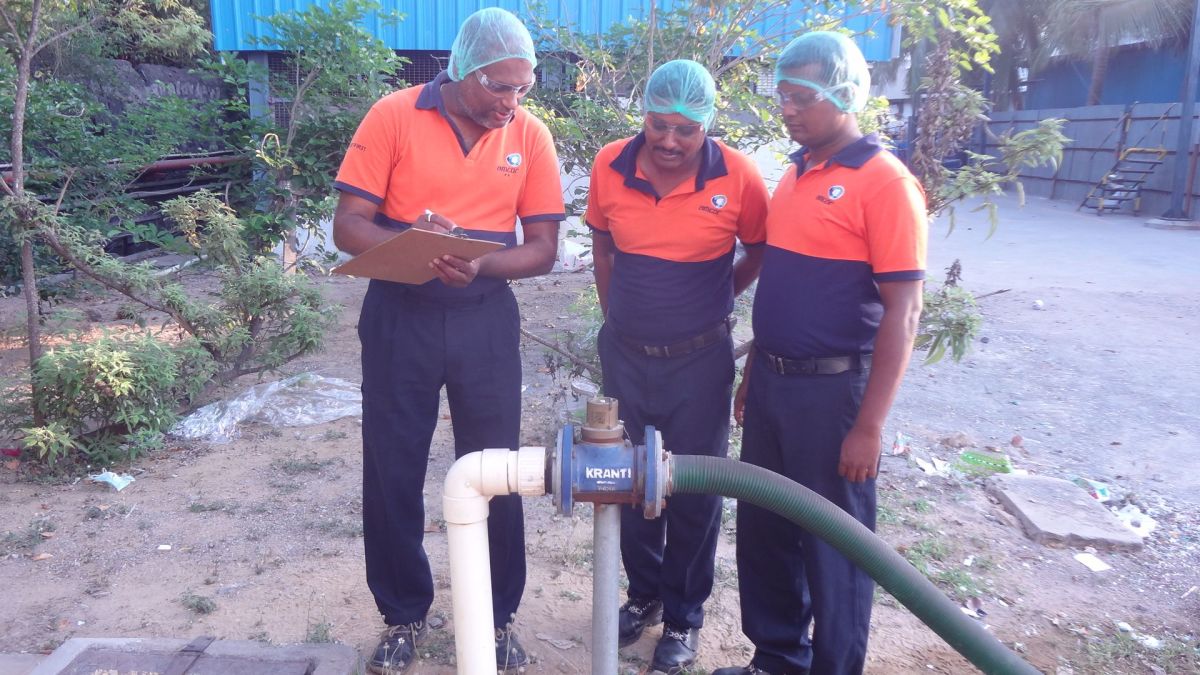Amcor champions around the world target water reduction
Sustainability
October 1, 2019Reading time: 1 minutes
Amcor people at every level of the company are taking responsibility for water reduction in their facilities. Site champions work with local colleagues to seek new ways to preserve water and reduce its use.
Amcor people at every level of the company are taking responsibility for water reduction in their facilities. Site champions work with local colleagues to seek new ways to preserve water and reduce its use.

We know these efforts are effective because we have sites successfully reducing their water use, in some cases by more than half. These results often come from a range of projects, from awareness campaigns to architectural changes. Below are some examples of how Amcor sites around
the world are helping to improve our water use efficiency at every site. Together, these four sites combined to reduce their water use by 50.1% from FY16 to FY19.
Pondicherry, India: Site champions identified 17 ways to reduce water use, including tracking daily water use, running a water conservation campaign, identifying high-consumption areas, installing pedal taps to minimize overuse, installing additional water meters and other efficiency fixtures throughout the facility, and conducting a third-party water audit to identify further opportunities. Between FY16 and FY19, the team reduced site water use by 57.7%.
Tian Cai, China: The Tian Cai team reduced water use dramatically between FY16 and FY19, achieving a 47.3% reduction. Some of the key water-saving initiatives included water conservation measures in the dormitory and canteen, installing water- saving shower heads, installing water meters in key areas to measure and monitor daily water use, and elevating pipes to make them easier to monitor and repair.
St. Seurin, France: Amcor co-workers demonstrated their focus and determination to reduce water use at their site. They installed new technology to collect dust and filter through cartridges (rather than water-based filtration) and restricted water use to showers, canteens and other staff facilities. These initiatives led to a 61.6% reduction in water use from FY16 to FY19.
Veliky Novgorod, Russia: Team members implemented several initiatives to achieve a 57.9% water use reduction between FY16 and FY19. They improved supply networks to access hot water at all points without having to drain cold water first, replaced boilers with more efficient equipment, and connected the water network to an air compressor’s heat exchanger to enhance the efficiency of the equipment – which also had the added benefit of reducing energy use.
